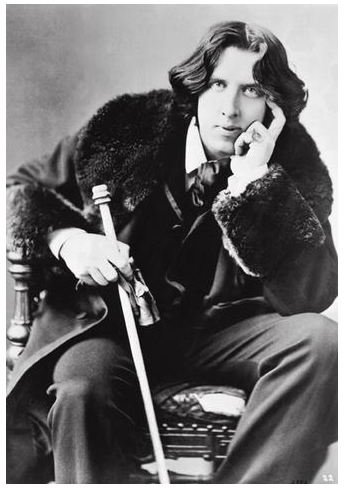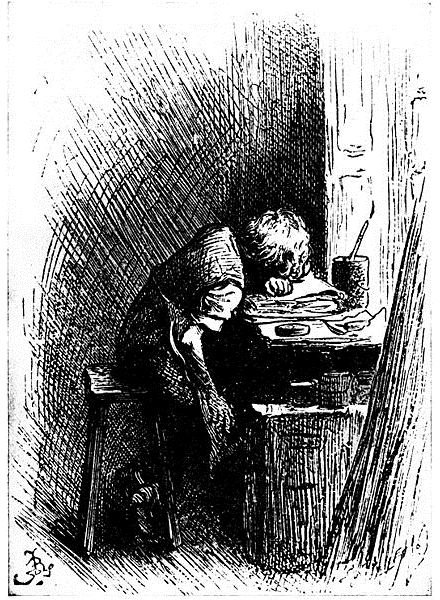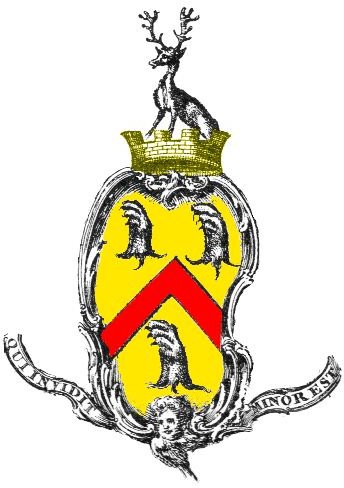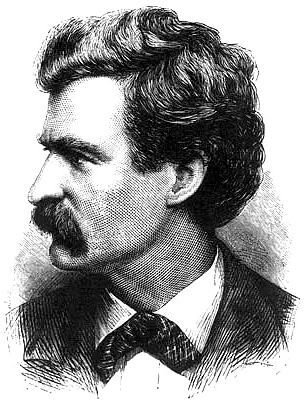Collection of Study Guides for Novels From the 1800s
How to Use This Guide
The nineteenth century marked the advent of the novel as a major genre in literature. While there are novels that predate 1800s such
as Jonathan Swift’s Gulliver’s Travels, the early giants of the genre (Charles Dickens, Jane Austen, Herman Melville, Nathaniel Hawthorne, Fyodor Dostoyevsky, and the Bronte sisters, among others) all started writing during this time period.
The purpose of this list is to assist you with the reading of these novels. You’ll find articles to help you understand significant quotations, follow plot lines, and interpret symbols and motifs in the stories. You’ll get insight into the major characters, and you’ll read some questions (and answers) to help you in class discussions.
British Novelists: Wilde and Stevenson
Much of the most enduring British literature outside Shakespeare comes from the novelists of the 19th century. Many of their works appeared serially (a month at a time) in literary magazines of the day or on their own before being published as novels upon completion of the series. These novels carried great power when it came to social transformation, especially the writings of Charles Dickens, which were instrumental in bringing about improved working conditions for the poor.

Oscar Wilde was one of the more open dissidents in the history of British letters. His writings all push the boundaries when it comes to social mores, and his works display a blend of comedy and satire.
Robert Louis Stevenson wove masterful tales of imagination and creativity. Many of these such as Treasure Island are more suited for elementary-age students, but The Strange Case of Dr. Jekyll & Mr. Hyde commonly appears on high school and some undergraduate reading lists.
- Sample Writing Prompts for Dr. Jekyll & Mr. Hyde
- Discussion Questions for Dr. Jekyll & Mr. Hyde
- Character Analysis - Dr. Jekyll & Mr. Hyde
- Important Quotations From Dr. Jekyll & Mr. Hyde
British Novelists: Charles Dickens

In many ways the father of the modern novel, Charles Dickens started out in life gluing labels to shoe polish tins because his father was thrown into debtor’s prison. His experiences are reflected in the social protest at work in most of his novels.
Great Expectations, A Tale of Two Cities, and A Christmas Carol are all commonly read in secondary classrooms and are common targets of undergraduate study.
- Chapter Summaries for Great Expectations
- Important Quotations From Great Expectations
- Character Analysis - Great Expectations
- Themes in Great Expectations
- Dickens’ Style in Great Expectations
- Finding a Thesis When Writing About A Tale of Two Cities
- Heroes in A Tale of Two Cities
- Quotations From A Tale of Two Cities
- Study Questions for A Christmas Carol
British Novelists: Jane Austen and the Bronte Sisters

One of the first female novelists to see her works in publication, Austen’s writing remains relevant and popular because the characters that walk her period landscapes face the same struggles that readers in our own time encounter: the search for love, the struggle of strong women against the roles that confine them, and the battles among generations.
Commonly read in high school, Pride and Prejudice is a popular choice in junior and senior English literature classes, while works such as Sense and Sensibility and Emma often show up in British Lit syllabi in college courses.
- The Class Struggle in Pride and Prejudice
- Marriage in Pride and Prejudice
- Themes in Jane Austen’s Novels
Emily Bronte only wrote one novel: Wuthering Heights. The rich interweaving of themes and symbolism makes it a common choice in undergraduate English classes, and it will occasionally appear in senior English in high school.
- Quotations From Wuthering Heights
- Symbolism in Wuthering Heights
- Chapter Summaries From Wuthering Heights
- Character Analysis From Wuthering Heights
American Novelists: Mark Twain

Although a far younger country, the United States featured some iconic novelists of its own. Mark Twain (the pen name for Samuel L. Clemens) was one of the foremost satirists and novelists in nineteenth-century American letters. His novels are widely read in high school and in undergraduate classes.
This section focuses on Twain’s most widely studied novel at the secondary level, which is The Adventures of Huckleberry Finn.
- Chapter Summaries of Huckleberry Finn
- Themes in Huckleberry Finn
- Characters From Huckleberry Finn
- Satire and Irony in Huckleberry Finn
- Why Huckleberry Finn Is Controversial
- Quiz and Study Questions for Huckleberry Finn
- Important Quotations From Huckleberry Finn
- Notable Quotes by Mark Twain
American Anti-Transcendentalists: Hawthorne and Melville
The Transcendentalist movement, led by Henry David Thoreau, Ralph Waldo Emerson and Walt Whitman in the United States, held that people would ultimately choose to do good when left unburdened by laws and rules. These ideas led to the formation of several utopian communes in the United States, which were designed to allow individuals to live off the land and to leave social structures behind.
Most of these communities quickly folded, and one disgruntled utopian, Nathaniel Hawthorne, was so disgusted by what had happened that he wrote The Scarlet Letter. Herman Melville was so inspired by this novel that he not only wrote Moby-Dick to echo Hawthorne’s sentiments, he dedicated that novel to Hawthorne.
- Chapter Summaries From The Scarlet Letter
- Symbolism in The Scarlet Letter
- Study Questions and Answers From The Scarlet Letter
- Advanced Placement Sample Questions From Moby-Dick
- Themes, Symbols and Motifs From Moby-Dick
- Moby-Dick Plot Summary
- Major Characters From Moby-Dick
- Moby-Dick: Important Quotations
References
- Image: Mark Twain’s Appleton journal by author unknown under public domain
- Goodreads: Popular 1800’s Books
- Image: Dickens at the Blacking Warehouse by Fred Bernard under public domain
- Image: Oscar Wilde in his Favourite Coat by Napoleon Sarony under public domain
- Image: Jane Austen’s family heraldic arms by Churchh under public domain
